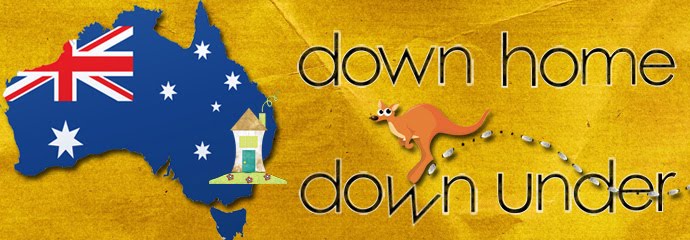
In my new found quest to loose weight, I started reading labels in the grocery store. Wow! At first I wanted to run. What did all of this mean? After I calmed down from my initial feelings of being overwhelmed, I asked my first real question. What is the difference between a Calorie and a kilojoule.
The first thing I learned was that there were differences in calories. A large Calorie is used to measure food energy. A small calorie is used to measure energy in some chemistry stuff. I didn't really pay attention; I was only interested in the Calorie.
Both Calories and kilojoules are a means of measuring energy. The term kilojoule has become to be used internationally. The amount of carbohydrates, fats and proteins in food determine the kilojoule value.
1 Calorie is equal to 4.184 kilojoules.
1 kilogram of body fat contains 37,000 kilojoules. In other words, in order to loose one kilogram, you will need to burn off 37,000 more kilojoules than you take in. Egads! No wonder it's hard to lose a kilo!
DhDu
(Resource: http://www.betterhealth.vic.gov.au/ Kilojoules and calories explained Beter Health Channel)
1 Calorie is equal to 4.184 kilojoules.
1 kilogram of body fat contains 37,000 kilojoules. In other words, in order to loose one kilogram, you will need to burn off 37,000 more kilojoules than you take in. Egads! No wonder it's hard to lose a kilo!
DhDu
(Resource: http://www.betterhealth.vic.gov.au/ Kilojoules and calories explained Beter Health Channel)

No comments:
Post a Comment